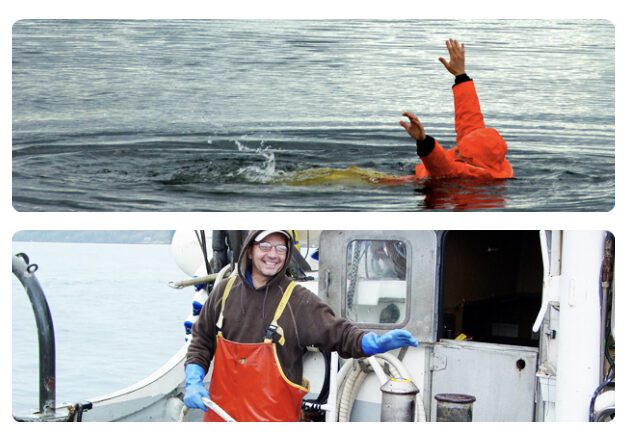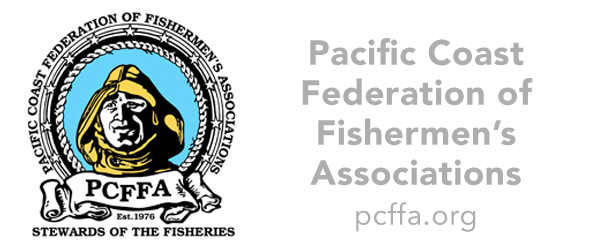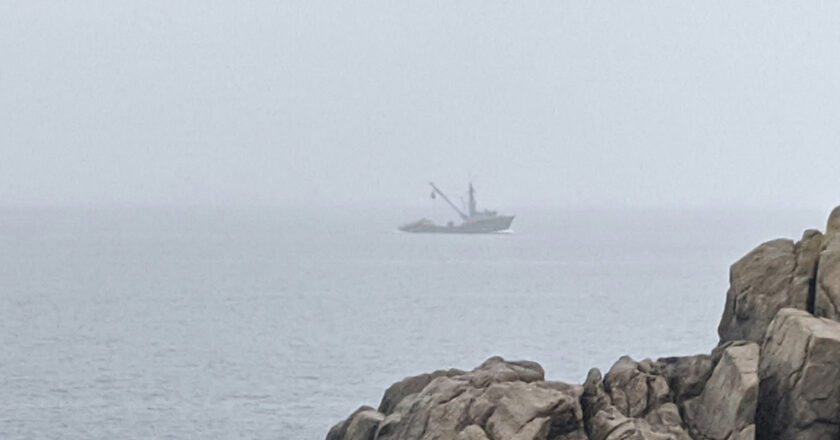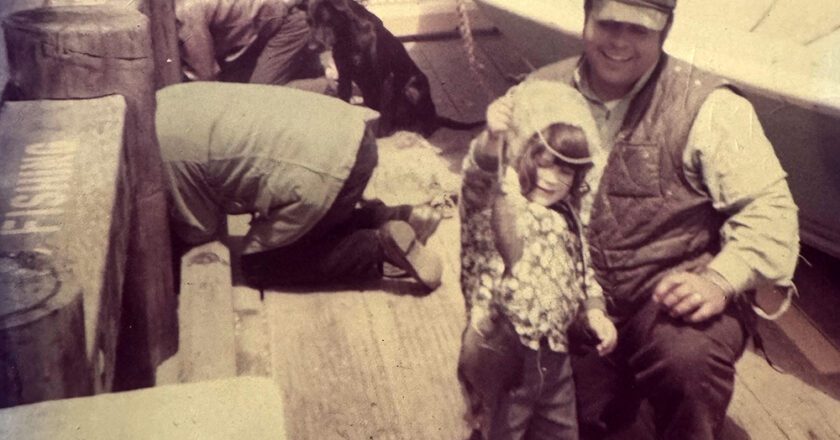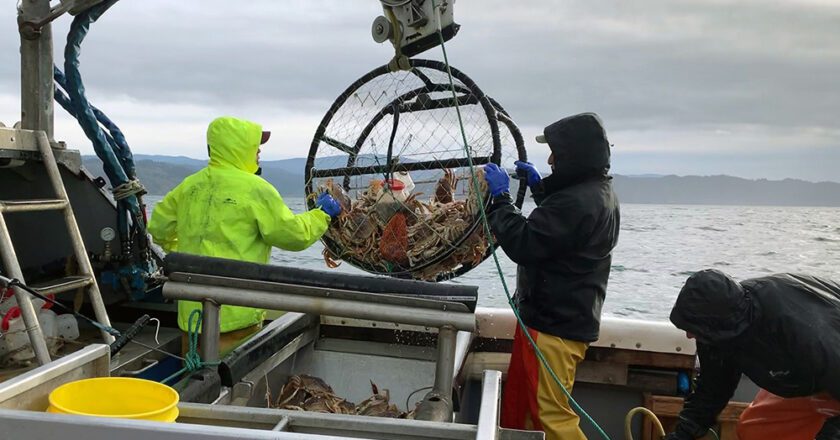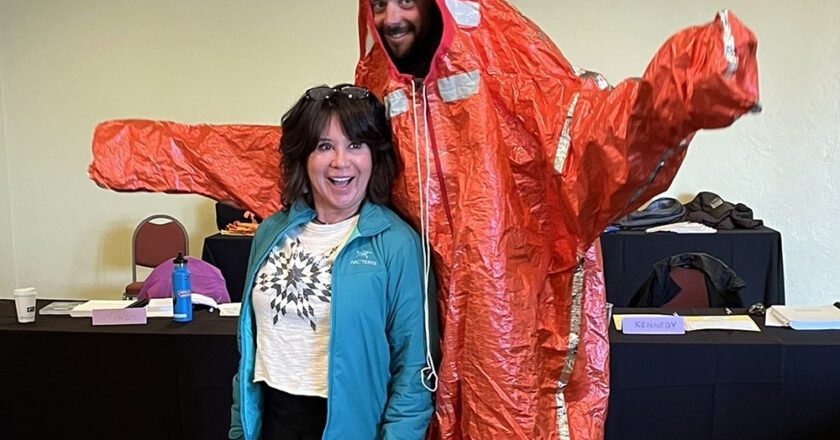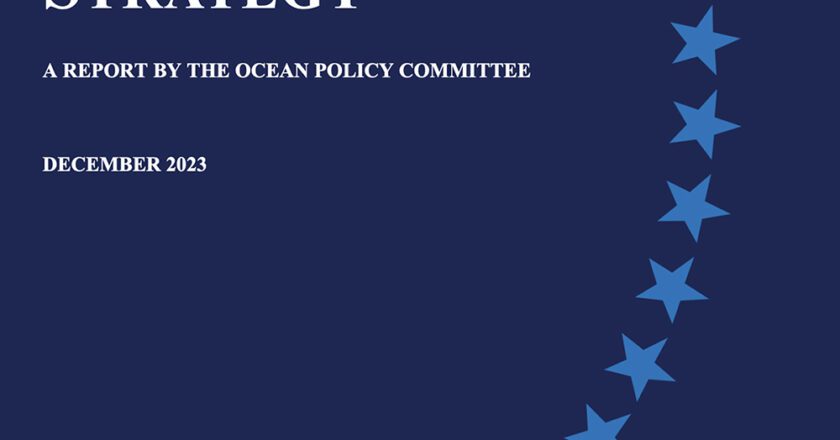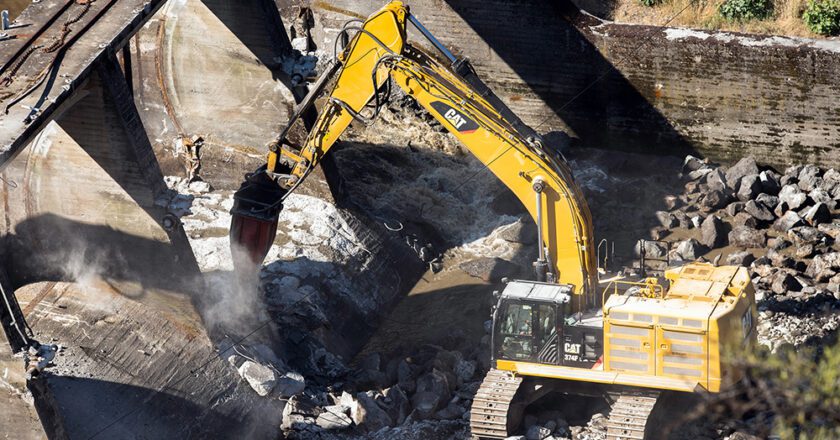What’s New at NIOSH: A Look at Current Research on Fishing Safety
By Devin Lucas, Samantha Case and Richie Evoy – National Institute for Occupational Safety and Health
Introduction
Commercial fishing is a dangerous job with many challenges and competing priorities. With limited time and resources, managing the various hazards to vessel and crew can be demanding. The National Institute for Occupational Safety and Health (NIOSH) has been helping fishermen identify and solve safety problems for over 30 years. This article gives a brief overview of current NIOSH research efforts aimed at helping the fishing industry protect its workforce and vessels from harm.
Testing the Integrity of Immersion Suits to Determine Service Life
Immersion suits with leaking seams can allow cold water to enter, diminishing the buoyancy and thermal protection needed in an ...

